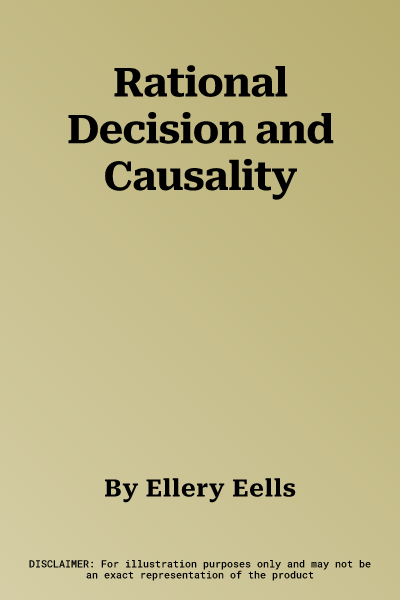Ellery Eells
(Author)Rational Decision and CausalityHardcover, 29 October 1982

Temporarily out of stock
Free Delivery
Cash on Delivery
15 Days
Free Returns
Secure Checkout

Part of Series
Cambridge Studies in Philosophy
Part of Series
Etudes Sur Le Capitalisme Moderne
Print Length
244 pages
Language
English
Publisher
Cambridge University Press
Date Published
29 Oct 1982
ISBN-10
0521242134
ISBN-13
9780521242134
Description
Product Details
Author:
Book Format:
Hardcover
Date Published:
29 October 1982
Dimensions:
21.59 x
13.79 x
1.91 cm
ISBN-10:
0521242134
ISBN-13:
9780521242134
Language:
English
Location:
Cambridge
Pages:
244
Publisher:
Weight:
426.38 gm